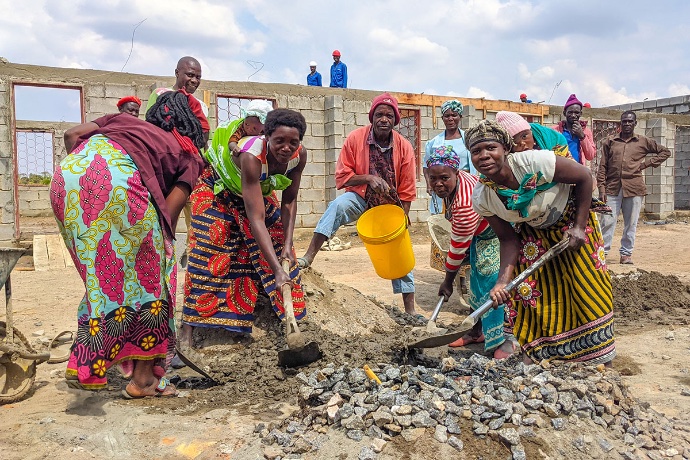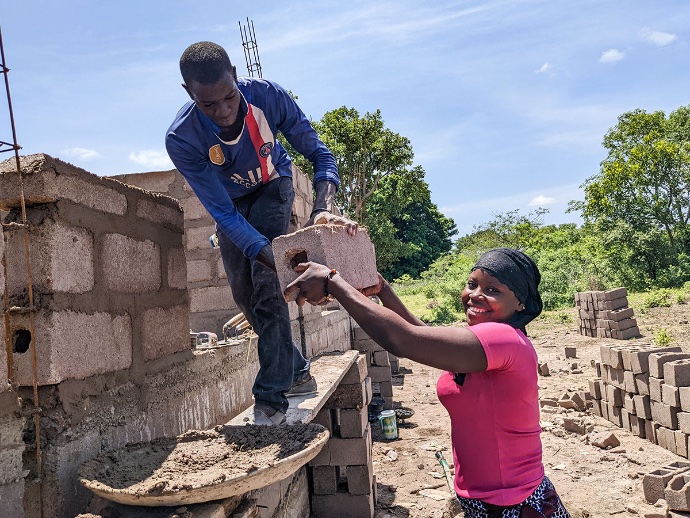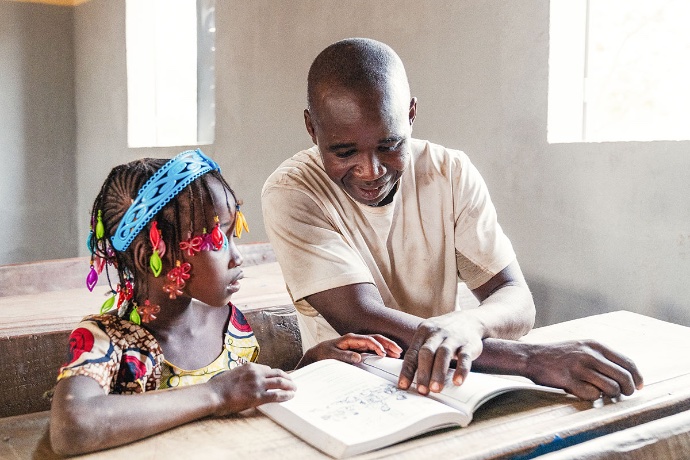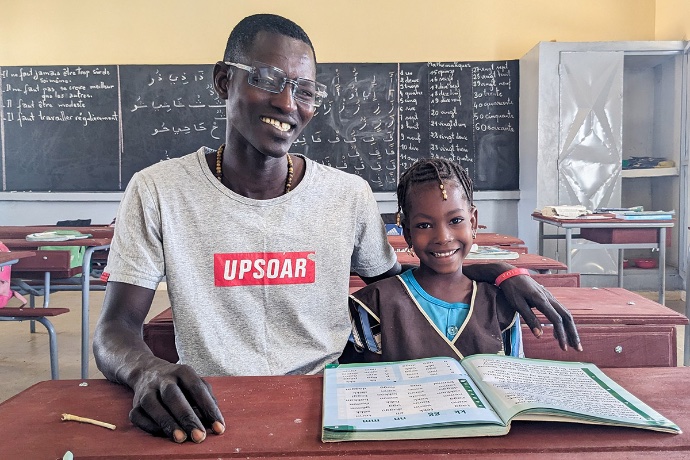By Randi Hedin, Board Member, buildOn

Men and women mixing concrete to build a school; Malawi. Photo: buildOn
On the surface, the fight for gender equity seems to be making tremendous strides. Women are graduating from college in record numbers—as many as 46 percent of women aged 25-34 in the U.S. currently hold bachelor’s degrees (up from only 8 percent in 1970.) Across the world, 41 percent of women hold post-secondary degrees. Here in Seattle, at the University of Washington, 56.7% of all undergraduate and graduate degrees were awarded to women. Women wield considerable economic clout, too. Within the next five years, women are expected to control as much as 75 percent of all discretionary spending worldwide.
But as compelling as the data may seem, the reality is a sober reminder we still have a long way to go… We are, in many ways, backsliding. Women in the U.S. have less control over their bodies than they did just two years ago. Despite outpacing men in educational attainment, U.S. women still make only 84 cents for every dollar a man makes—less if you’re a woman of color. And for women living in some countries, the reality can be far worse. In Afghanistan, for instance, women have been systematically erased from society, their voices silenced, and indeed their very bodies utterly obscured. With new “vice and virtue laws” recently enacted, women in Afghanistan must cover their entire bodies, including their face, in public and are prohibited from singing or reading aloud. Globally, we are far from achieving the United Nations’ goal of gender equality by 2030.

Woman passing a man a brick while building a school; Mali. Photo: buildOn
The path forward isn’t about women fighting harder; it’s about women and men stepping up together. True gender equity is about collaboration, not competition. We need men equally engaged in this struggle if we want to create a world where everyone thrives. My work with buildOn, a nonprofit that builds schools and promotes gender-equal education in low-income countries, has shown me firsthand the transformative power of men and women working as partners for progress to benefit their families and their communities.
In many rural, remote farming communities around the world, access to education as an adult can be a challenge––for men and women. A few years back, I had the opportunity to witness an adult literacy class in Mali, West Africa, that started late in the evening. These classes were created due to the demand from parents and grandparents—both men and women—who wanted to acquire basic literacy and numeracy skills. What struck me was how the men supported women’s education in this very traditional and religious community. More women attended the classes, and this was possible because men recognized and supported the value education would bring to the family and the community. The men in this community, and in all of the communities I have visited over the years, have supported the right for girls to go to school in equal numbers with boys by signing a covenant with buildOn to send their girls to school through the completion of primary school.

Father and daughter reading in school; Mali. Photo: buildOn
Excluding girls from school leads to devastating consequences: poverty, child marriage, poor health, and limited economic opportunities, just to name a few examples. This is an economic issue, not just a moral one. I have seen that when men understand how gender equity benefits everyone, they become powerful allies. I’ve witnessed fathers advocating for their daughters’ education, husbands supporting their wives’ economic ventures, and communities coming together to build a better future for all.
A few years after Mali, I met Alice in Malawi, the wife of a village leader who also happened to be the principal of the school we were there to help build. Alice was a force herself––head of the women’s association and a community problem solver, bringing men and women together to support the school. She also tackled pressing community problems, such as homelessness in their community. I spent a full day with her, working on the construction site, carrying bucket after bucket of water back and forth from the well to the site, and talking about her husband, family, and community. She and her husband seemed to have a special relationship. I couldn’t help but think about the influence she yielded––and he yielded––as part of this strong couple. Together, they were a beautiful example for the children and the community of what supporting one another truly achieves.

Father and daughter reading in school; Senegal. Photo: buildOn
Gender equity isn’t a conversation for women; it’s a conversation for everyone. We need to talk to our sons and daughters, our husbands, our friends, our colleagues. We need men to be active advocates and participants in the quest for women’s rights and equality. I urge everyone reading this to ask themselves: What am I doing to promote gender equity? How am I supporting the women in my life? Am I raising my sons, as well as my daughters, to recognize the power of human beings advancing together?
Real gender equity won’t be achieved until men stand shoulder to shoulder with women in this fight. It is a fight we have to have here in the U.S. It is a fight we have to support globally. And it’s time for everyone, regardless of gender, to thrive.
Randi Hedin is a member of the National Board of Directors of buildOn and is a Law Lecturer at the University of Washington School of Law. Randi is the Immediate Past Chair, and remains on the board of Heifer International, is a member of the Board of myAgro, and is a member of Global Washington.